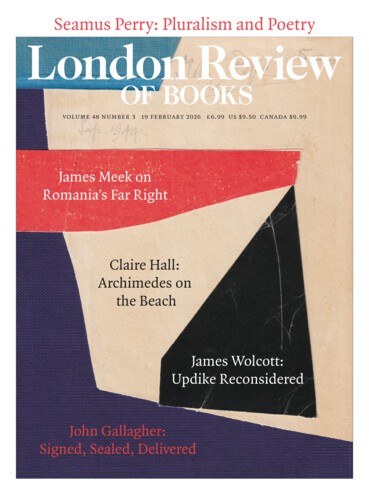Mandelson and the Lobbyists
James Butler
Consequences are rare in British politics. A well-handled resignation can be temporary. If you’re resourceful enough, exit from Westminster can be parlayed into directorships and consultancies, or the media circuit might beckon. Such soft landings aren’t available to Peter Mandelson, whose long-deserved fall is finally absolute. Mandelson was fired as ambassador to the United...

